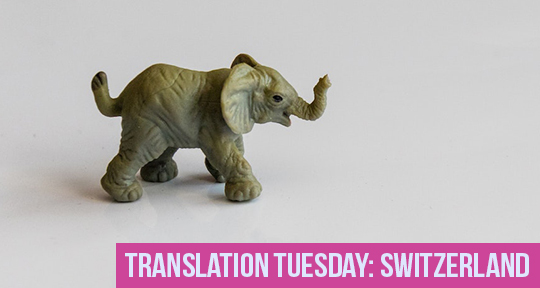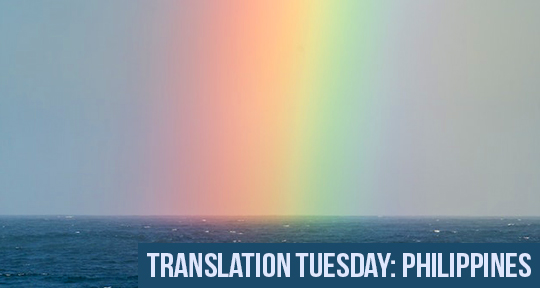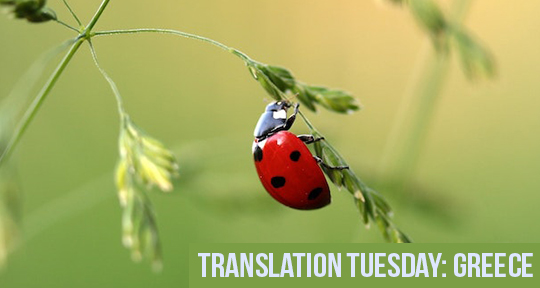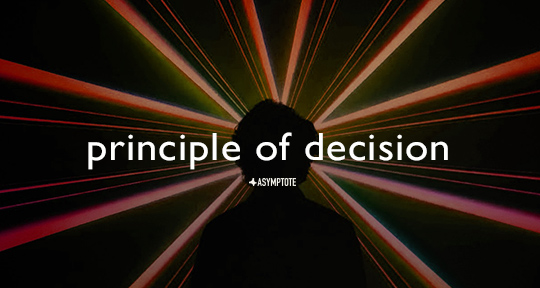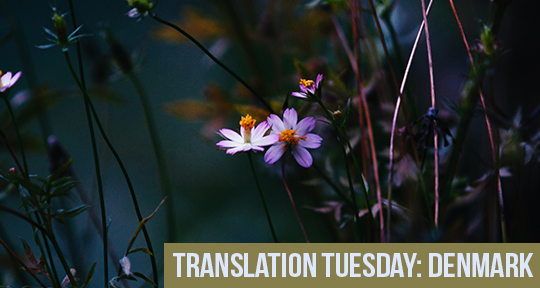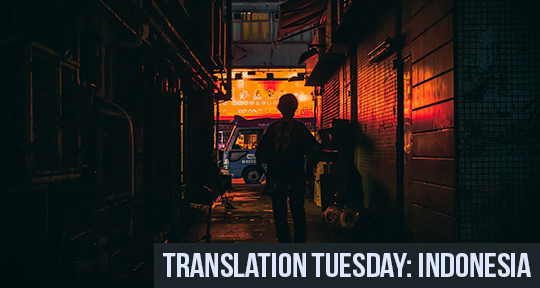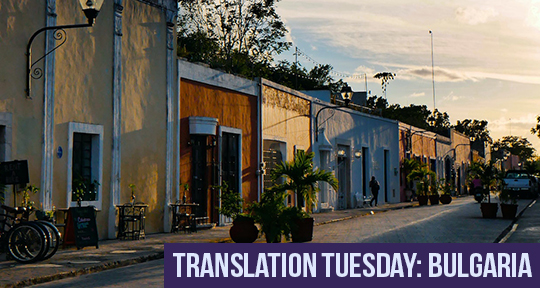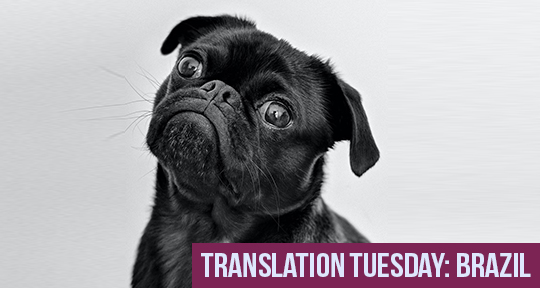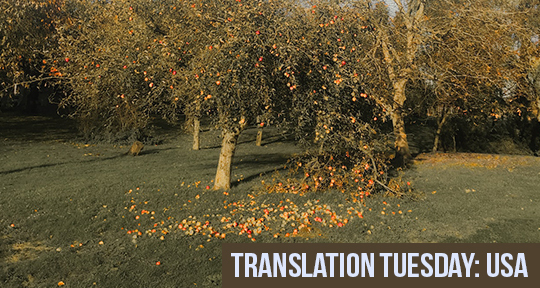This Translation Tuesday, the inimitable Carla Bessa plunges us into the frantic interior of a woman (like any other) and her everyday frenzy. If you’ve read Bessa’s work in our pages, you’ll recognise her work as mining the dramatic possibilities of text to revelatory effect; today’s story is another stellar instance. Drawn from her recent book Todas Umas, which explores the effacement of women after marriage and motherhood, Elton Uliana offers us the gushing rhythms of an inundated mind in his tightly woven translation. Read while listening to a recording of the Jabuti Prize winner’s new microfiction!
a day (like any other)
get up early, have a shower, make some coffee, wake up the kids, kiss them, wake up the husband, kiss him, welcome the housekeeper, good morning!, help!, hi?, good morning!, have breakfast with the husband and kids, help!, did you say anything, honey?, me?, strange I heard something too mum, come on, time to go to school, take the husband and kids to the car, say goodbye, help! walk the dog, here comes the neighbour, hello!, help!, sorry?, how are you?, very well thank you, see you later, help!, turn around, keep walking, go to the bank, go to the hairdresser, help!, help!, go to the beautician, go to the shops, come back home, cook, iron, clean the house, no need for the cleaner it’s done already, visit the mother, help!, help!, help!, make an appointment at the gynaecologist, smile to the doorman, help!, all right, ma’am?, all great and you?, give the car park man some change, help!, help!, take the blender for repair, help!, come home, help!, hang the new painting in the dining room, or perhaps in the bedroom, help!, help!, help!, pick up the kids from school, help with their homework, help!, help!, help!, help!, help!, dinner, put the children to bed, read them a story, sing them a lullaby, stroke them, smother them with the pillow, welcome the husband, poison the husband, go to sleep.
wake up in the middle of the night thinking, shit, forgot the dog.
Translated from the Portuguese by Elton Uliana READ MORE…


